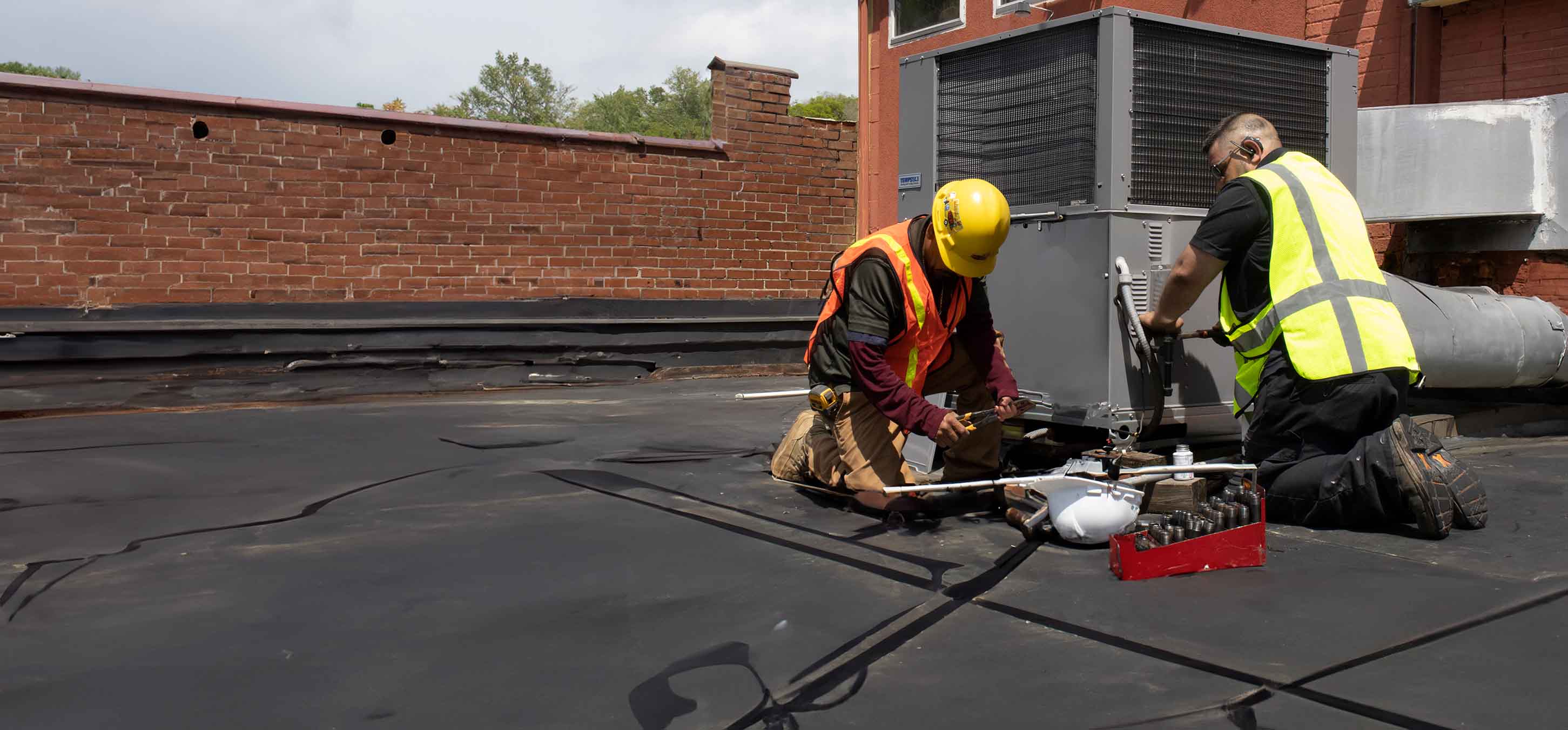

Energy-efficient Technology
Your trusted partner for professional home services. Quality workmanship, guaranteed satisfaction.




- HEP
- Energy-efficient Technology
Energy-efficient Technology | HVAC Unit Replacement | Heating and Air Conditioning | Signal Mountain
Signal Mountain homeowners know that comfort can’t come at the cost of sky-high utility bills. That’s why HEP’s energy-efficient technology focuses on smarter airflow, advanced variable-speed compressors, and precision thermostatic controls that trim energy waste without sacrificing a single degree of comfort. When it’s time for an HVAC unit replacement, our certified technicians evaluate your home’s unique layout, existing ductwork, and insulation profile to match you with a perfectly sized system—often delivering up to 40% savings compared to outdated equipment.
From the first handshake to the final performance check, you’ll experience transparent pricing, punctual service, and the peace of mind that comes from industry-leading warranties. Whether you’re battling humid Tennessee summers or chilly mountain evenings, trust HEP to keep your indoor climate steady, your energy costs low, and your carbon footprint lighter than ever. Ready to upgrade? Let’s bring next-generation comfort to your Signal Mountain home today.
FAQs
Why should I consider replacing my existing HVAC unit with an energy-efficient system in Signal Mountain?
Energy-efficient heat pumps and air conditioners use advanced compressors, variable-speed blowers, and smart controls that can cut heating and cooling costs by 20–40 percent compared with equipment that is 10–15 years old. Signal Mountain’s humid summers and cool winters mean your HVAC system works year-round, so efficiency gains quickly translate into lower monthly electric bills, reduced greenhouse-gas emissions, and improved indoor comfort. New units also use environmentally safer refrigerants and come with longer factory warranties.
How do I know what size and SEER rating I need for my new HVAC system?
Proper sizing is determined through a Manual J load calculation, which factors in the square footage of your Signal Mountain home, insulation levels, window orientation, local climate data, and even household occupancy. An oversized unit will short-cycle and waste energy, while an undersized unit will run constantly and struggle to maintain set temperatures. Current federal standards require at least 14.3 SEER2 in Tennessee, but many homeowners choose 16–20 SEER2 models for additional savings and eligibility for rebates. Your HVAC contractor should provide documentation of the load calculation and explain the efficiency ratings that best match your budget and comfort goals.
What rebates, tax credits, or utility incentives are available in Signal Mountain for energy-efficient HVAC replacements?
As of 2024, Tennessee residents can claim a federal tax credit of up to 30 percent of the project cost (capped at $2,000) for qualifying ENERGY STAR certified heat pumps under the Inflation Reduction Act. Local utility EPB and the Tennessee Valley Authority (TVA) often run seasonal rebates—typically $150–$400 for high-efficiency air-source heat pumps and an additional $50–$100 for smart thermostats installed at the same time. Check "EnergyRight" incentives from TVA and verify program funding before you purchase; your installer must submit paperwork to secure the rebate.
How long does a typical HVAC replacement take and will I be without heating or cooling?
A straightforward replacement in a single-family home usually takes one full day: 3–4 hours to remove the old equipment, 2–3 hours for placement and connection of the new indoor and outdoor units, and another 1–2 hours for refrigerant charging, electrical hookups, and system testing. Duct modifications or upgrades to a high-efficiency variable-refrigerant-flow (VRF) system can add an extra day. Your contractor will stage the work so that downtime is minimal—many homeowners are back to conditioned air by dinner time. Portable space heaters or window units can be provided if extreme temperatures are forecast during installation.
What is the expected return on investment and energy savings after upgrading to a high-efficiency system?
Homeowners in Signal Mountain report average energy-bill reductions of $350–$600 per year when moving from a 10-SEER unit to a 17-SEER2 variable-speed heat pump. With installed costs for mid-range systems running $7,000–$9,000, net ROI (after rebates and tax credits) often falls in the 7- to 10-year range, well within the 15- to 20-year service life of the equipment. Indirect returns include better humidity control, quieter operation, and an increase in home resale value—buyers are increasingly asking for recent, energy-efficient HVAC documentation.
How can I maintain my new energy-efficient HVAC system to keep it performing at peak efficiency?
Change or clean air filters every 1–3 months, keep outdoor condenser coils free of leaves and debris, and schedule professional maintenance twice a year—once in spring for cooling and once in fall for heating. During service visits, technicians will check refrigerant charge, test safety controls, clean blower assemblies, and update firmware on smart thermostats. Many manufacturers require documented maintenance to keep 10- or 12-year parts warranties valid, so save all receipts. Enrolling in a preventive-maintenance plan with your installer often includes priority service and discounts on any needed repairs.